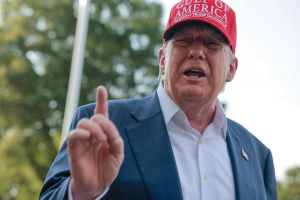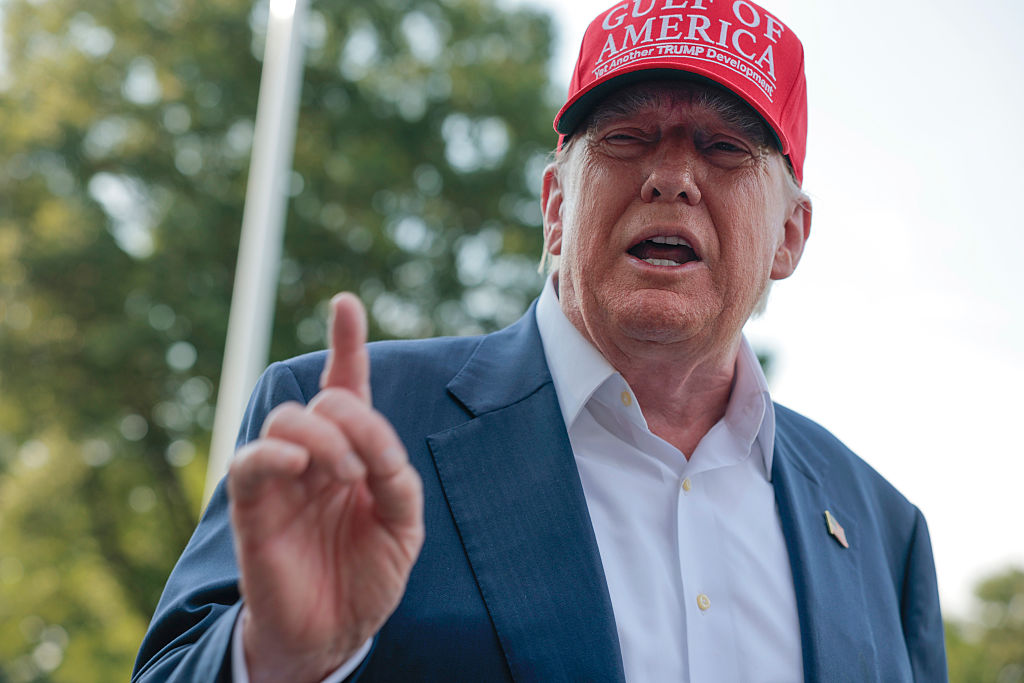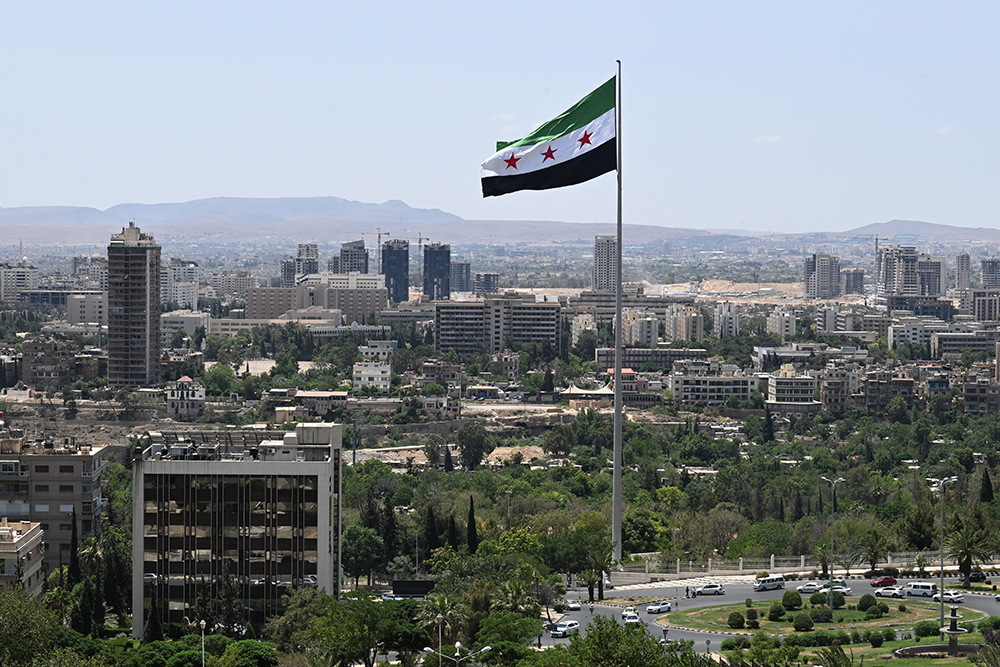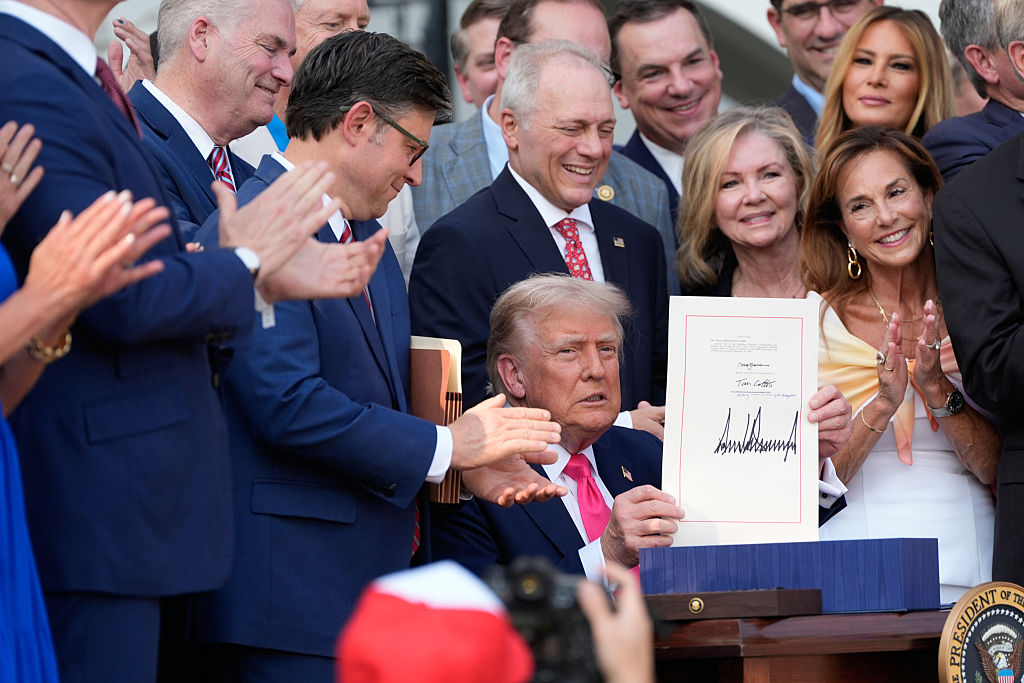The opening of the U.S. embassy in Jerusalem was nothing short of a dark Mass. A ceremony that should have marked the monumental achievement of the Jewish people was instead consecrated in blood. Seated courtside was the man who perhaps more than any other made the embassy happen: Sheldon Adelson, the casino magnate. Back in Washington, his man in the White House, John Bolton, continued at work, as the administration exclusively faulted Hamas for the carnage in Gaza.
I was the first to report, in January, that Bolton was on his way to becoming national security advisor. His various allies and interests in his favor – combined with a clever marketing plan hatched by Bolton to get the president’s attention – helped assure his remarkable return to the center of U.S. politics.
The Likud faction of hardliners in Israel, with which Bolton is friendly, to put it mildly, has scored tandem victories in recent days: the groundbreaking of the embassy, and U.S. secession from the JCPOA.
When Bolton took the reins at the NSC in April, my sources told me he was likely to take it slow – refuting reports of planned Soviet-style purges; he planned to keep his head down.
Events have taken over, however, and for Bolton’s long list of enemies, his tenure is hurtling toward self-parody. After some internal jockeying, as I detailed, the new national security advisor has installed a fearsome deputy, Mira Ricardel, a foe of Defense Secretary James Mattis. And he’s purged key lieutenants from H.R. McMaster’s fraught tenure: Michael Anton, the now-scourge of the populist right, the key national security aide Tom Bossert, among others.
It’s working. Mattis, until recently effectively the deputy president, could be out by years’ end, according to two sources familiar with the matter. War with Iran is now “very” possible, according to a former senior administration official.
Thomas Wright’s dazzling piece in Politico on the power struggle between Bolton and his erstwhile ally, Secretary of State Mike Pompeo, portrays Bolton as a knife-fighter with an “obsession with law at the expense of strategy.” This is Bolton’s last rodeo; his opportunity to settle all scores.
Victor Cha, the scuttled ambassador to South Korea, said at an event at the W Hotel in Washington last month that Pompeo has been given “the North Korea portfolio” while Bolton has been given the Middle East and Russia. He didn’t even mention Mattis.
Wright notes that many of Bolton’s prerogatives are “are insignificant relative to the bigger geopolitical dramas unfolding in the world: how Europe will be organized after the Cold War, how to handle the rise of China, the struggle between Iran and Sunni Arab states in the Middle East” and that these are “all questions that are alien to Bolton the lawyer.”
It might not matter. Bolton, not Wright, not Cha, and perhaps not even Mattis, is in power. Bolton is an avowed evangelist of regime change in Iran. He has made clear repeatedly that he is an advisor to the president – not the president. Donald Trump is the decision maker. But so far, Bolton has mostly gotten his way, and with startling speed. Given the opportunity, he would advise the president to push over the last domino – the “prize” as top neoconservative organizer Bill Kristol once termed it – Tehran.
For now, the Boltonite agenda will proceed on two fronts. First will be the push to squeeze Europe on Iran, if Trump signs off. Bolton signaled on the Sunday show circuit this weekend that was not yet a settled matter.
But if Trump went in that direction with vigour, he’d have considerable operational support. “As @realDonaldTrump said, US sanctions will target critical sectors of Iran’s economy. German companies doing business in Iran should wind down operations immediately,” commanded Richard Grenell, the new U.S. Ambassador to Germany, on Twitter. Grenell, like Bolton, is a Bush alumnus nonetheless popular with factions of Trump’s base.
The second agenda item will be to support activist Israeli conservatives’ next move. Hardliners are already openly lobbying the administration.
“There are several strategic zones on the eastern edge of Jerusalem where Israel has planned to build 50,000 homes, and has planned this for decades, but successive American administrations have blocked this, using the argument that this territory is necessary for the “territorial contiguity of a future Palestinian state,” David Weinberg, Vice President of the Jerusalem Institute for Strategic Studies, said on a call with activists last week.
The call was organized by Matt Schlapp, the CPAC head, and husband of the White House aide Mercedes Schlapp. Also on the call was Congressman Ron DeSantis, a Trump favourite running for Florida governor, who was at the embassy opening on Monday.
The top priority, it was said on the call, is building in “a quadrant known as the ‘E-1 zone,’ which runs between Jerusalem and the Jordan Valley,” said Weinberg: “I… suspect Prime Minister Netanyahu will make a move to shore up Israel’s eastern flank in that way. …And hopefully the Trump administration will provide support for that move.”

























